Facebook Promoted Divisive Content to Boost User Engagement
 For years, Facebook executives have persistently shut down efforts to make the site less divisive, according to reporting from Deepa Seetharaman and Jeff Horwitz of The Wall Street Journal.
For years, Facebook executives have persistently shut down efforts to make the site less divisive, according to reporting from Deepa Seetharaman and Jeff Horwitz of The Wall Street Journal.
As community professionals, we’re tasked with helping people start and participate in conversations that matter to them. We’re often held accountable by “engagement” metrics –– such as the number of people participating in conversations and the sentiment surrounding those conversations.
But in this conversation with reporter Jeff Horwitz, you’ll learn that while Facebook obviously wants to gain more attention from users and increase time spent on the platform, there’s less internal consensus around the ethical dilemma of reaching these engagement goals by amplifying divisive groups and content. Alternatively, a lack of concrete metrics to measure impact is perhaps one of the things stopping Facebook from taking a step back and thinking about how their platform is impacting the world.
Is Facebook already too much of a monolith to change its path? Or is Mark Zuckerberg still not convinced that the company is at the center of a moral dilemma when it comes to polarizing its members and advancing the spread of misinformation?
In this episode of Community Signal, Patrick talks to Jeff about the article and dives into the context surrounding the story learned while talking to Facebook employees. They discuss:
- The engineers that are continuously pushing to build a more fair and just Facebook
- How decision-making works at Facebook
- Why “social good” has fallen out of favor
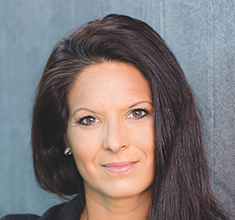
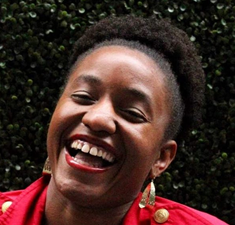 People have gotten crafty when it comes to staying connected during this time of social distancing. Zoom calls with family and friends,
People have gotten crafty when it comes to staying connected during this time of social distancing. Zoom calls with family and friends, 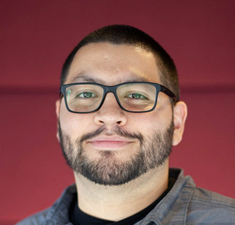 We’re several months into the COVID-19 pandemic and the daily loss of lives is still devastating and the longterm effects on our communities and society as a whole have yet to be seen. For many of us, the pandemic has affected our routines, our families, our work, and our livelihood. While some online communities have seen more engagement from community members (I love
We’re several months into the COVID-19 pandemic and the daily loss of lives is still devastating and the longterm effects on our communities and society as a whole have yet to be seen. For many of us, the pandemic has affected our routines, our families, our work, and our livelihood. While some online communities have seen more engagement from community members (I love 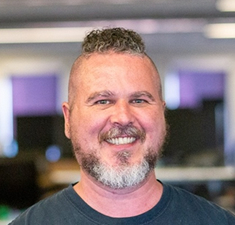 Nicholas Tolstoshev
Nicholas Tolstoshev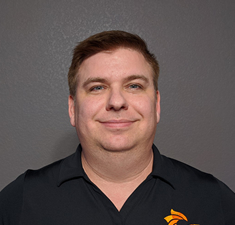 Every community has its own shared language and for the Spiceworks community, that shared language revolves around IT. Made up of IT professionals and service providers that support them,
Every community has its own shared language and for the Spiceworks community, that shared language revolves around IT. Made up of IT professionals and service providers that support them, 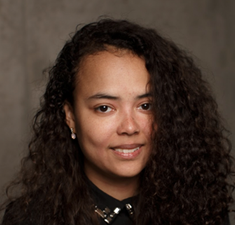
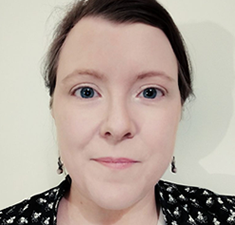
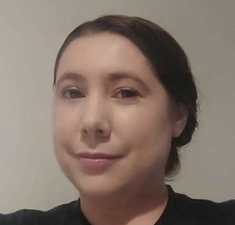 We started recording this episode about a week before its release, and since then, coronavirus COVID-19 has continued to spread across the globe. News and governmental guidance is being updated frequently and people in many regions are being mandated to stay home as much as possible in an effort to help
We started recording this episode about a week before its release, and since then, coronavirus COVID-19 has continued to spread across the globe. News and governmental guidance is being updated frequently and people in many regions are being mandated to stay home as much as possible in an effort to help 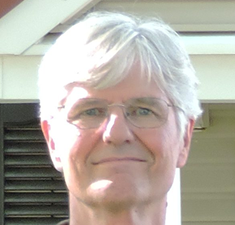 As community professionals, the array of platforms, reading material, conferences, and thought leaders available to us only continues to grow. And if you’ve read or written a job description for a community opportunity recently, you know that there’s often an expectation around technical literacy for everyone in the field.
As community professionals, the array of platforms, reading material, conferences, and thought leaders available to us only continues to grow. And if you’ve read or written a job description for a community opportunity recently, you know that there’s often an expectation around technical literacy for everyone in the field. Every company has the challenge of managing how to respond to customer feedback. But what if you’re managing a crowdsourcing community and actively asking people for their ideas and feedback? How do you make sure that every contributor feels seen and respected for their efforts, whether their idea becomes reality or not? These are the questions that
Every company has the challenge of managing how to respond to customer feedback. But what if you’re managing a crowdsourcing community and actively asking people for their ideas and feedback? How do you make sure that every contributor feels seen and respected for their efforts, whether their idea becomes reality or not? These are the questions that 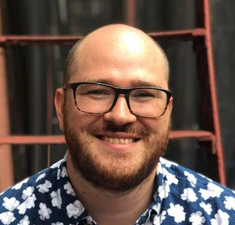 Community pro
Community pro